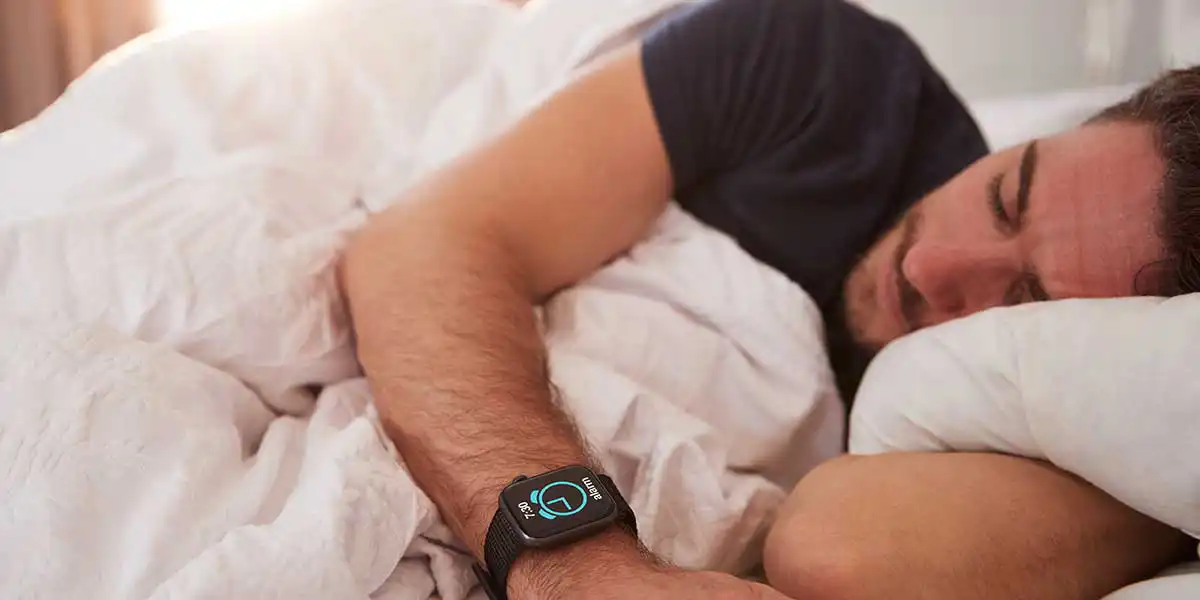
Mar 3, 2023
Blog Life Sciences More and more people are turning to sleep aids to combat sleeplessness
Sleeplessness has profound effects on individuals, both mental and physical. Not only does it affect the body’s ability to recharge and heal, but it also devastates cognitive function. If you’re depressed or anxious, your symptoms will worsen. Your ability to drive will be thrown off, and decision-making will become harder. A lack of sleep is becoming an epidemic, increasingly affecting huge portions of the population.
In Australia, chronic insomnia is the most frequent sleep condition, affecting 12.2% of adults. For Japanese workers, sleep disorders lasting a month or longer are frequent, occurring in approximately 20% of the population. Sleeplessness is leaving people scrambling for solutions, which is driving the market for sleep aids to heights of $125.3 billion by 2027, according to BCC Research.
What causes a lack of sleep?
Sleep aids may temporarily ease chronic insomnia, but getting to the root cause is the only way to help keep it at bay. Mostly, trouble sleeping is down to mood and lifestyle, but it can also stem from medical issues. Some of the main causes are:
Types of sleep aids
In response to widespread difficulty sleeping, a lucrative global market for sleep aids has emerged. Product offerings are diverse, with varying levels of evidence and health data supporting each kind.
Natural sleep aids
Medical sleep aids
AI sleep aids and sleep apnea
An area of increasing prominence is the use of AI in sleep aids. Consumer sleep technology can already capture various physiological information, like heart rate and acceleration. With the addition of machine learning (ML), complex devices can estimate sleep from the vast quantity of data generated by wearable devices. Profound neural network studies were performed on the Apple Watch’s motion and heart rate signals to estimate sleep stage and screen for sleep-disordered breathing.
Eventually, AI could help clinical decision-making by analyzing complex sleep data. For starters, it can help clinicians diagnose sleep disorders. Similarly, AI can provide health and lifestyle recommendations by interpreting data acquired from wearable devices and mobile apps, allowing physicians to make better decisions.
This could be hugely beneficial for sufferers of OSA. The American Sleep Association estimates that seventy-five million adults in the U.S. have OSA – a strikingly high figure that equates to 27.5% of males and 15% of females. Given the associated health risks, this is an alarming statistic, but innovations in AI could eventually lead to some relief.
Dive into the industry for sleep aids
It’s evident that sleep aids are finding greater usage than ever. Progress in the field of sleep is fast-paced, and researchers are learning more and more about different types of sleep disorders. A technology surge is being witnessed in the field of sleep apnea with the culmination of home sleep study tests (HSTs). BCC Research’s recent market report examines the associated technologies and markets, helping facilitate informed and intelligent decision-making.
Download your complimentary report overview or purchase the report here.
Need access to a greater range of healthcare reports? Then membership with our research library may be the option for you. Get in touch with a helpful member of our team below to find out more

Olivia Lowden is a Junior Copywriter at BCC Research, writing content on everything from sustainability to fintech. Before beginning at BCC Research, she received a First-Class Master’s Degree in Creative Writing from the University of East Anglia.
In today’s fast-paced biomedical world, researchers and pharmaceutical companies...

Radiopharmaceuticals represent a cutting-edge frontier in modern medicine, offer...

Implantable Remote Patient Monitoring (IRPM) devices are revolutionizing healthc...

We are your trusted research partner, providing actionable insights and custom consulting across life sciences, advanced materials, and technology. Allow BCC Research to nurture your smartest business decisions today, tomorrow, and beyond.
Contact UsBCC Research provides objective, unbiased measurement and assessment of market opportunities with detailed market research reports. Our experienced industry analysts assess growth opportunities, market sizing, technologies, applications, supply chains and companies with the singular goal of helping you make informed business decisions, free of noise and hype.